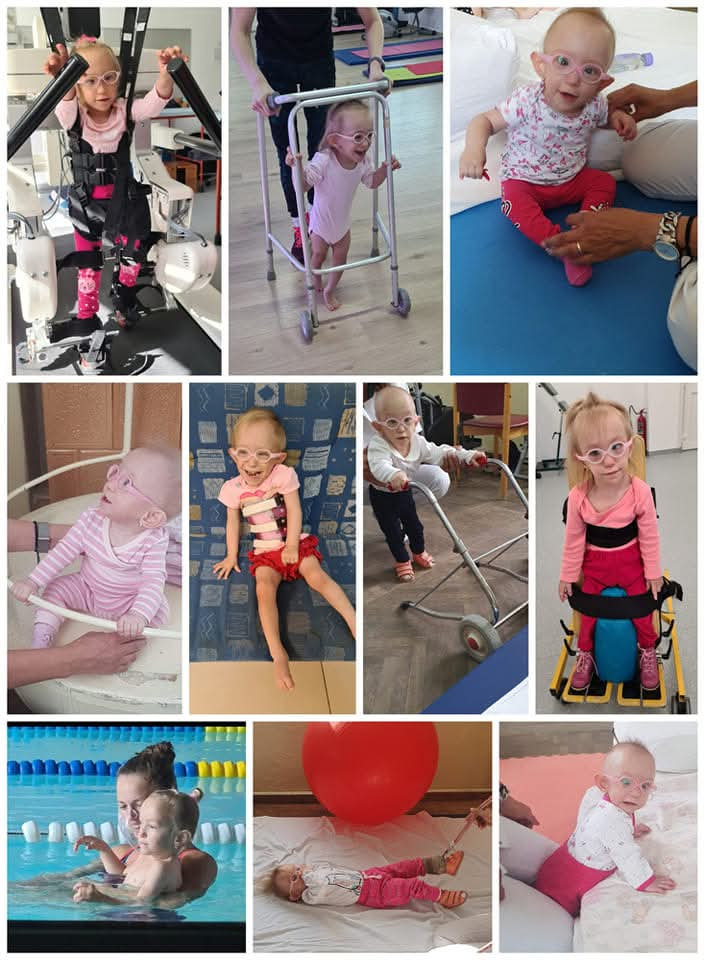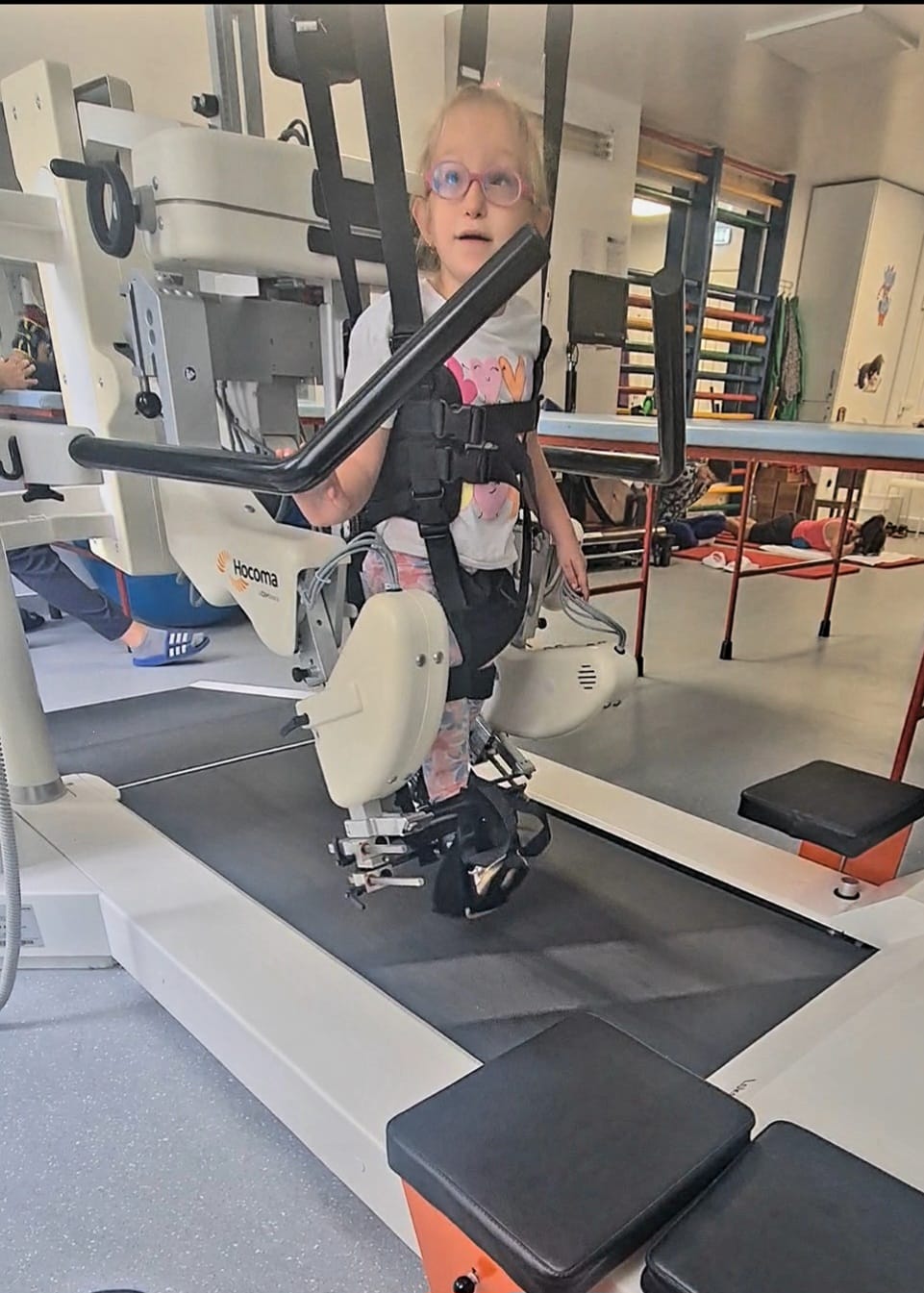Anca, mother of Ioana (born at 28 weeks, 550 grams).
This story was sent to us by Romanian parent organization ARNIS.

Being the parent of a preterm baby is an immense challenge, marked by a whirlwind of emotions that carry you through many stages: from helplessness, to frustration, to anger, to acceptance, to struggle, to perseverance, to resilience, and finally, to hope. We experienced all of this from the very moment of her birth – sudden, unexpected, and completely unprepared.
I gave birth in an emergency at just 28 weeks of pregnancy. Our little girl weighed only 550 grams, with the developmental stage of a 24-week-old fetus. This was due to my high blood pressure, coupled with HELLP syndrome, and the lack of appropriate treatment during pregnancy. There were several issues related to my pregnancy that were not communicated to me by the doctor – and I didn't know how to seek out the necessary information myself. Living in a rural area meant I did not have access to effective monitoring or thorough prenatal investigations, which might have prevented the complications my daughter faced after birth.
I ultimately gave birth at the University Emergency Hospital in Bucharest, where a special incubator – a therapy table – was found for my daughter, and it was this that ensured her survival. There, I encountered competent doctors who immediately understood the seriousness of our situation and took all the necessary steps to safeguard both my life and my daughter's.

What followed was a fierce five-month battle for her survival, involving every treatment available, as we confronted – one by one – all the complications of extreme prematurity: hydrocephalus, retinopathy surgery, intestinal damage, intolerance to breast milk in any form, and grade 3–4 cerebral hemorrhage. Tragically, these challenges left lasting consequences: cerebral palsy with a diagnosis of spastic tetraparesis, and a global developmental delay.
When our daughter was six months old, we began physiotherapy at a local centre, but unfortunately faced further disappointment due to a lack of professional competence. After two years, we found a center in Bucharest, where she continues therapy to this day – nearly five years later. Throughout this time, the ARNIS Association, of which we are members, has helped us fundraise year after year, enabling her to receive the vital investigations, treatments, therapies, and interventions so crucial to her recovery journey.
I wish there had been greater involvement and support at the state level – more assistance to help ease the burden and pressure of dealing with prematurity, for both us as parents and for our child. From financial aid to accessibility and emotional support, these aspects are fundamental in navigating such a demanding journey. I felt the absence of specialized psychological support, which could have made a real difference in helping us stay afloat. This gap was filled, thankfully, by the support of family, friends, and kind-hearted individuals who empathized with us.
I also wish there had been greater access to information, both before and after birth. That alone might have changed the course of events, or at least made the path a little easier to follow.
The life of parents of premature babies is lived in uncertainty – marked by waiting and constantly adapting, by resilience and perseverance, and by a tireless search for ways to improve their child's quality of life. The recovery journey is long and costly in every sense, yet we walk it with the hope of a happy ending.
Anca, mother of Ioana (born at 28 weeks, 550 grams).
This story was sent to us by Romanian parent organization ARNIS.